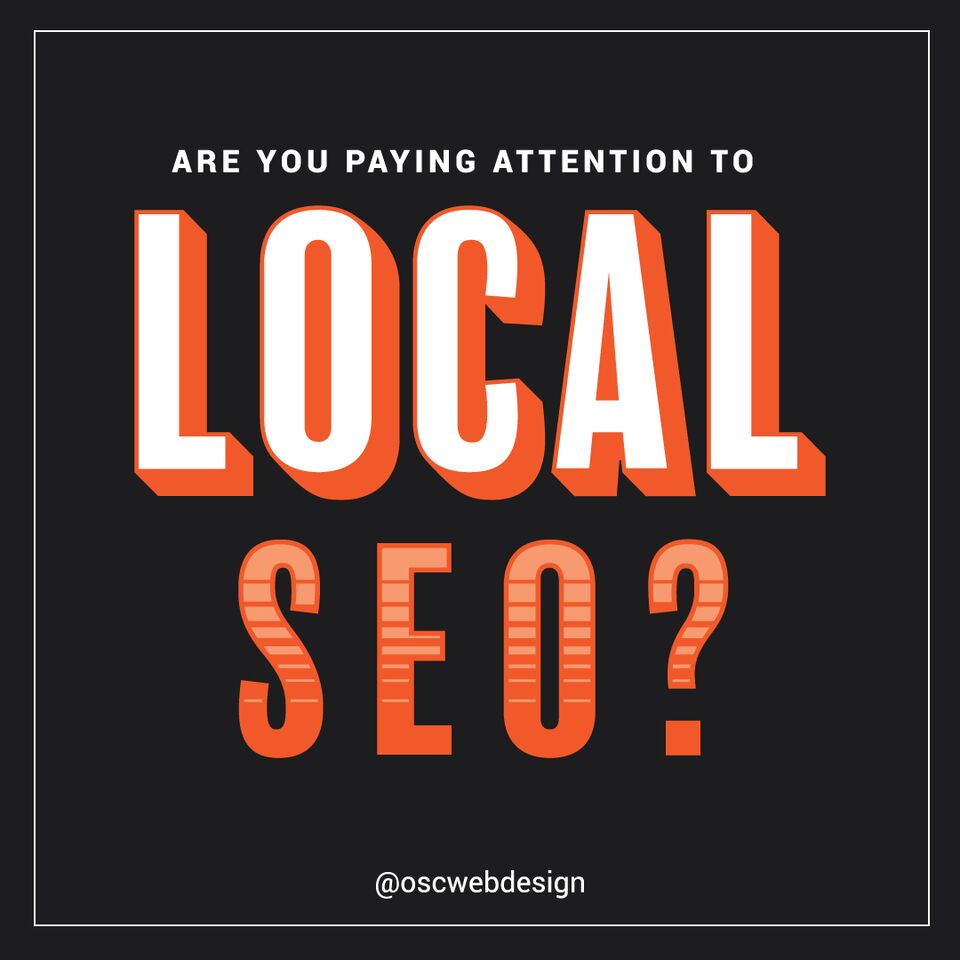Did you know there are no known original recordings of the U.S.’s original moon landing? It turns out NASA accidentally taped over it. Or how about that Russia sold Alaska to the U.S. for 2 cents an acre, because they thought it was a useless tundra?
While some mistakes are bigger than others, it’s best if we can avoid them altogether – SEO slipups included. Are you sabotaging your own business with these common SEO mistakes?
1. Focusing on the wrong keywords.
Perhaps you’ve compiled a list of keywords which you faithfully integrate within each blog post. You have every right to be feeling pretty proud of yourself, this is something most businesses neglect altogether.
But.. If you’ve made the unfortunate (and common) mistake of targeting the wrong keywords, your efforts could all be for naught. Check out this list of keywords to avoid.
2. Having a separate website for your blog.
blog.yourwebsite.com
✅ yourwebsite.com/blog
A blog for a website is every business’s (not so secret) weapon for SEO. Each blog post serves as a new opportunity to rank in unique search queries and reach new audiences through shares.
When you separate a blog from your main website, all the SEO benefits are disconnected as well – not to mention that it leads to negative user experience.
Google’s PageRank (the method used to determine a page’s relevance and importance) focuses strongly on “link juice” which is passed from pages through links. If you want your website ranking higher as a whole, it’s important to focus on domain authority and directing all that link juice to the same destination.
3. Using vague anchor text for links.
Do you ever add a link to a line of text like ‘click here’ or ‘learn more here’? Anchor text tells search engines “This is where to find more information on this subject”, so you should always add links to relevant keywords.
For example: Visit this page to learn more about internal linking.
4. Underestimating internal links.
Speaking of internal linking, your anchor text is more important when it comes to links within your website pages. Internal links help search engines discover more of your pages (think “deep” pages, like blog posts) and pass the coveted link juice we’ve mentioned.
5. Ignoring local SEO.

If you own a business that serves local customers, your SEO strategy should strongly reflect that. Are you using keywords specific to your location? When’s the last time you checked up on your local listings across the web?
Perhaps you own an eCommerce store or offer services that don’t focus on local traffic at all.
Believe it or not, local SEO can still be of benefit to you. Search engines like Google are always striving to look for credibility. Proving your business has a physical presence shows search engines that your business is real and not a spammer managing thousands of un-trackable domains.
6. Relying Keyword Planner’s ‘competition’ score.
If you’ve ever used Google’s Keyword Planner tool to find new keywords, you know it can be quite handy. It spits out a list of keywords relating to your industry along with monthly search numbers and competition data.
It’s too easy to think you’ve hit a gold mine without considering what the Keyword Planner was created for. It’s purpose is to help with keyword selection for paid ads, not organic search results. This tool is still great, just don’t bank on it’s data.
7. Duplicate content.
Whether you own multiple websites and wanted to save time, or a content thief nabbed your words, duplicate content is more common than you’d think.
Check copyscape.com for duplicate copy.
8. Not using Google’s free tools.
Google has a number of great resources available for website owners, the majority of them completely free. Here are the ones we find most useful:
- Search Console. Helps you understand how Google views your website and become aware of errors that would affect your rank.
- Google Analytics. At first glance the data in here can feel daunting, but this service is extremely useful for increasing conversion and traffic.
- Tag Manager. Instead of contacting a website developer to add tags into your website code that allow tracking, you can manage tags all by yourself with this tool.
- Trends. Here you can check and compare which keywords are used in search queries the most.
If you haven’t used any of the above, we recommend at least starting with Google’s Search Console. It gives you a look into how Google sees your website and will alert you of errors, penalties, etc.
9. Creating poorly written content.
We get it. High-quality content takes time and sometimes you’re just not in the mood. Unfortunately, sacrificing the quality of your content will ensure you receive none of the benefits you’re striving for. Nobody wants to share or link back to shoddy content.
Did we miss a common SEO mistake? Leave us a comment below!



